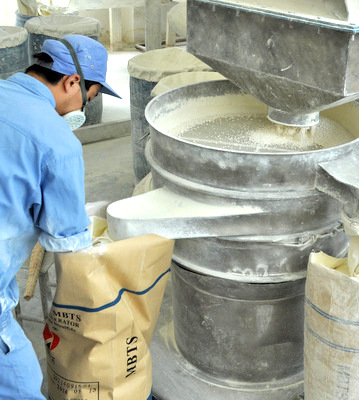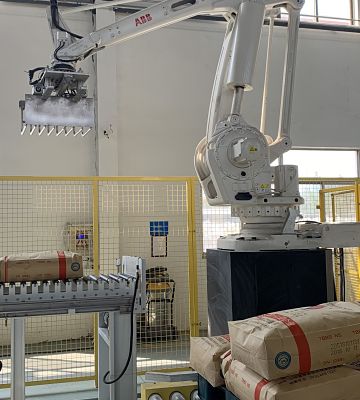"Portuser" contributed this article to NextInsight
| After failing twice to get listed on the Shanghai Stock Exchange, in 2015 and 2017, Tianjin Kemai submitted a fresh draft IPO prospectus this June. It targets to raise RMB 1,427m for the construction of new production capacity of 130,000 tonnes of rubber chemicals on a 728-mu-site in Hebei province over five years. |
The three main rubber chemical groups are rubber accelerators, insoluble sulphur and anti-oxidants. They are essential in the manufacture of rubber products such as tyres. in particular, rubber accelerators drastically shorten the time taken to improve the properties of rubber.
Kemai foresees rising tyre consumption to lead to strong demand for rubber chemicals. It expects its project to generate RMB 2,321m in revenue and RMB 369m in profit.
Although the IPO pricing and valuation have not been revealed yet, Kemai's draft IPO prospectus has a treasure trove of information, including:
| • Firstly, China is the world's largest rubber chemical producer with 76.3% of market share in 2018. The rubber chemical industry in China has been undergoing consolidation. As of 2018, the top 10 producers accounted for 66.8% of market share. Continual phasing out of smaller producers, which have difficulty in complying with stringent pollution control requirements, will lead to even higher market concentration. • Secondly, large rubber chemical firms are better-placed to raise product prices than small ones. • Thirdly, rubber accelerators TBBS and CBS, which are used in the manufacture of radial tyres, are not in the U.S. tariff list. Other rubber accelerators such as DCBS, DPG, TMQ are hit but it's the US tyremakers who are footing the 10% tariff. This underscore an important point: While U.S. tariffs have been levied on tyres made in China, U.S. tyremakers need rubber chemicals from China to boost production. |
| • Sunsine's expansion: Past and future | ||
|
Weilin and Yanggu Huatai, ranked third and fourth, respectively, in the RA industry, are also keen to expand.
|
See 2015 report: CHINA SUNSINE: Rival applies for IPO, how its business compares








